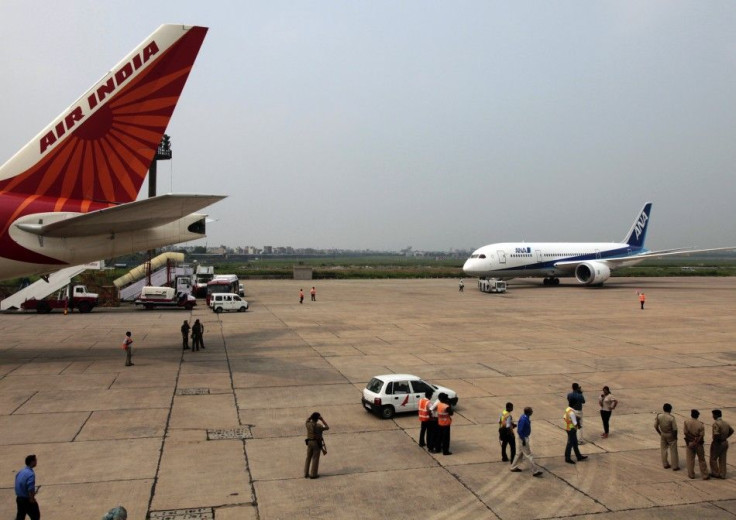Delhi Airport To Be World's Most Expensive; Airlines And Fliers Oppose Airport Charge Hike

The Indira Gandhi International Airport in Delhi, India, is set to become the costliest airport in the world, as the Delhi International Airport Ltd (DIAL) that operates the airport has got approval to hike the airport charges.
The DIAL had asked for a 774 percent increase in the charges while the Airports Economic Regulatory Authority (AERA) had suggested a 346 percent increase. A 774 percent hike would mean an increase of Rs 700 to 800 per passenger and AERA's suggestion would amount to Rs 350-450 hike per passenger, and both will make the IGI airport most expensive in the world.
The hike will include new User Development Fee (UDF) from all the passengers using the airport. The UDF will be additional to the Airport Developmental Fee and it would be in the range of Rs 196 to Rs. 1,068 in the current year, Rediff.com reported.
The IGI Airport is run by a consortium led by Bangalore-based GMR group with 54 percent stakes, the Airports Authority of India with 26 percent and Malaysia Airports Holdings and Fraport with 10 percent stakes each.
GMR group has said that the suggested hike of 346 percent is not sufficient as the consortium is suffering huge losses. The DIAL reported a net loss of Rs 4.5 billion in 2010-11, and its losses in 2011-12 are estimated at some Rs 9.30 billion, the Business Today reported.
In India, aeronautical charges have not increased for the past 10 years, except for a 10 per cent increase in 2009. The tariffs have not even been adjusted for inflation. They are among the world's lowest, Sidharath Kapur, Chief Financial Officer - Airports, GMR Group, was quoted as saying by the Business Today.
However, passenger associations and airlines are not happy with the decision as they feel it will further hurt the already ailing Indian airline industry.
India's aviation industry is already sick. This increase in Delhi's charges will put it in intensive care from a cost perspective, Albert Tjoeng, assistant director of corporate communications at International Air Transport Association (IATA), was quoted as saying by PTI.
Many low budget carriers are also apprehensive of the charge hike and it may prevent them from operating out of the Indian capital. Most part of the hike will be transferred to the passengers as the airlines claim they are not in the position to absorb it.
Passenger associations have criticized the move to charge the UDF on both the arriving and departing passengers.
Charging UDF to both arriving and departing passengers is unfair. We had registered our protests at all levels but we were not heard anywhere, said Air Passengers Association of India president D Sudhakara Reddy, according to a rediff.com report.
The International Air Transport Association slammed the decision and said that the fare hike will have a larger impact on India and its economy, with an expected five to eight per cent decrease in demand at Delhi as a result of higher costs, a fall in tourist arrivals and further damage to local and international airline connectivity, according to the report.
Meanwhile, the Civil Aviation Ministry has refused to intervene in the issue and said that AERA has the judicial Authority to fix the charges. The ministry cannot intervene in this. The concerned judicial authority has raised the fares, after talking to everyone and based on consensus, Civil Aviation Minister Ajit Singh told reporters outside the Parliament, an AIR report said.
The AERA is expected to pass the final order on the tariffs in a week and the new tariffs will come in to effect May 15.
© Copyright IBTimes 2024. All rights reserved.





















